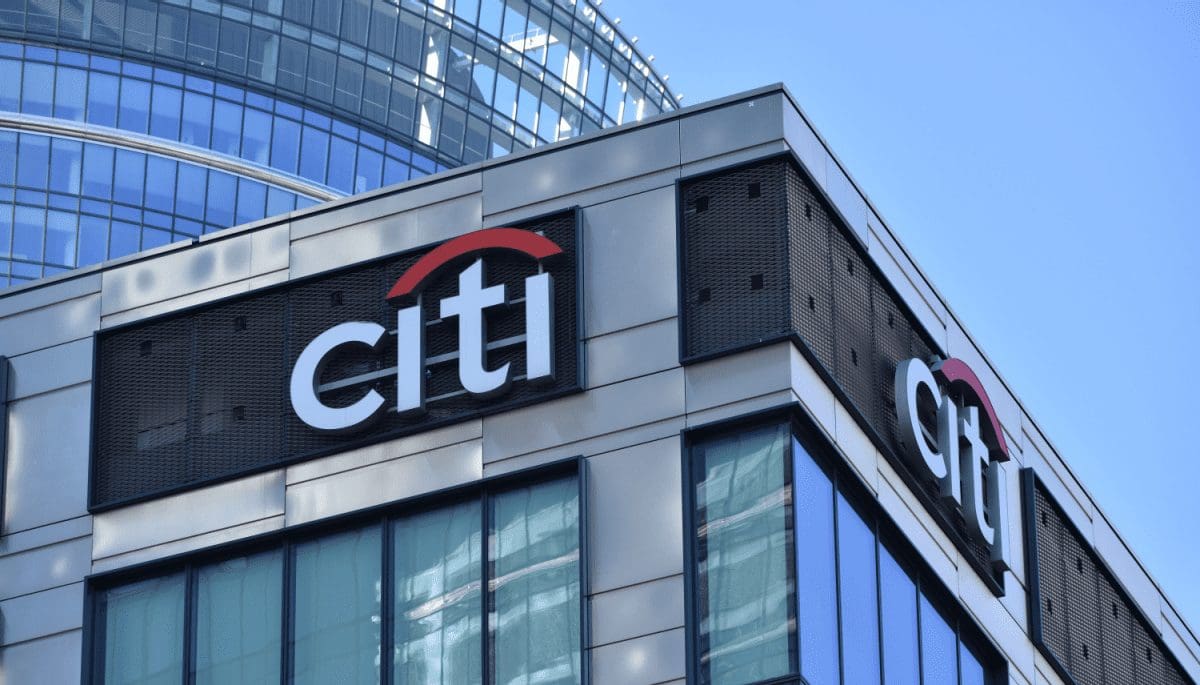Recent projections from Citigroup, one of the world’s leading financial institutions, suggest that 2025 could usher in a transformative era for blockchain technology, akin to the rapid ascent of artificial intelligence showcased by platforms like ChatGPT. This prediction indicates not just a technological revolution but potentially significant implications for the financial sector and public administration.
Blockchain’s Promising Future in Finance
According to Citigroup, the anticipated regulatory changes in the United States, particularly with the introduction of the GENIUS-ACT aimed at stablecoins, are pivotal for establishing a robust framework for digital currencies within the existing financial infrastructure. This act aims to provide clarity on how stablecoins function and interact with conventional finance, propelling their adoption.
Future projections are particularly optimistic, with forecasts suggesting that the total market for stablecoins could skyrocket to as much as $3.7 trillion by 2030. Even more conservative estimates predict a market valuation of $1.6 trillion. The majority of these stablecoins will maintain their ties to the US dollar, enhancing the dollar’s position in the digital finance realm and making the use of stablecoins more viable by mitigating value fluctuations.
The Role of Traditional Banks
In this evolving landscape, Citigroup does not perceive stablecoins as a threat but rather as a critical opportunity for traditional banks. The institution anticipates that banks can expand their services around stablecoins, engaging in activities such as reserve management, facilitating payments, and innovating new financial products. The synergy between established financial institutions and emerging digital technologies could lead to faster, more cost-effective transactions that benefit consumers.
Broader Applications Beyond Banking
Beyond financial transactions, the potential applications of blockchain technology could significantly impact the public sector as well. By utilizing blockchain for tracking government expenditures, issuing digital state bonds, or managing subsidies, there can be enhanced transparency and reduced bureaucracy. These improvements are likely to attract governmental interest as they seek to streamline operations while maintaining accountability.
The Importance of Regulatory Frameworks
As Citigroup emphasizes, the implementation of effective regulations and a readiness to innovate are crucial for the potential success of blockchain technology. Should these conditions be met, 2025 could mark a substantial milestone in the mainstream acceptance of blockchain in digital finance, mirroring the way ChatGPT elevated artificial intelligence into public consciousness.
Encouragement for Early Engagement
With the bitcoin market recovering and gaining momentum, now may be an opportune time for individuals to consider engaging with cryptocurrencies. Platforms like OKX are offering enticing promotions, such as a €20 bonus in bitcoin for new sign-ups, providing an accessible entry point into the world of digital assets for residents of the Netherlands and Belgium.
Overall, the evolving landscape of cryptocurrency and blockchain technology represents not just an emerging market but a potential paradigm shift in how we understand and engage with finance and governance in the near future.



